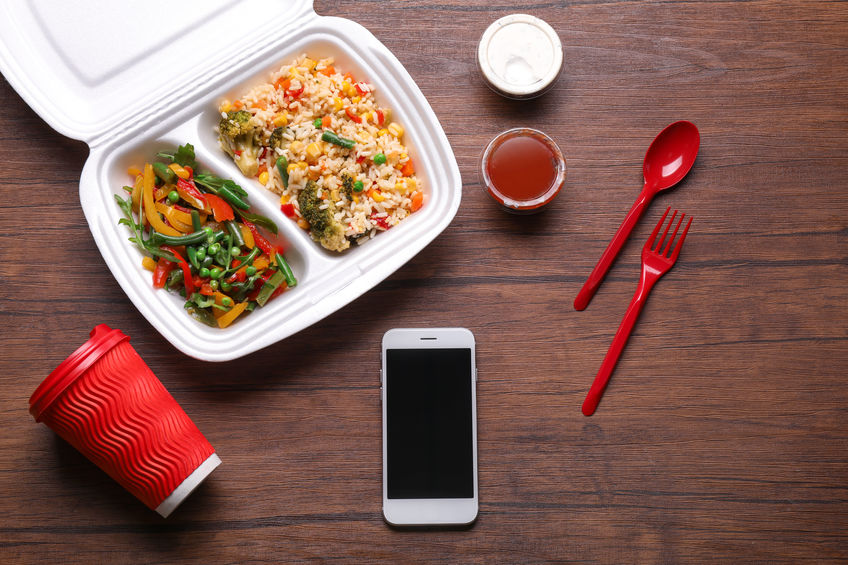Business owners were thrilled to find out that the latest relief bill included a temporary 100% business deduction for restaurant meals through January 1, 2023. But that doesn’t mean all meals are fully deductible and, until recently, the criteria remained murky.
In early April, the IRS released guidance to further explain which meals are fully tax deductible and which ones are still held to a 50% limitation (or no deduction at all). The first point it aimed to clarify was the definition of a restaurant, since only restaurant meals qualify for 100% deduction. The IRS clarifies that “the term ‘restaurant’ means a business that prepares and sells food or beverages to retail customers for immediate consumption, regardless of whether the food or beverages are consumed on the business’s premises.”
A restaurant, under this IRS definition, is not:
- A business that primarily sells pre-packaged food or beverages not for immediate consumption, such as a grocery store; specialty food store; beer, wine, or liquor store; drug store; convenience store; newsstand; or a vending machine or kiosk. (These meals are 50% deductible at best.)
- An eating facility located on the business premises of the employer and used in furnishing meals excluded from an employee’s gross income or treated as a de minimis fringe, even if such eating facility is operated by a third party under contract with the employer.
Second, limits associated with entertainment apply. For instance, in order for a restaurant meal to qualify for 100% deductibility, it must be charged separately from an entertainment, amusement, or recreation activity.
And third, the IRS clarifies that in order for any deduction to occur:
- The expense is not lavish or extravagant under the circumstances.
- The taxpayer or employee of the taxpayer is present at the furnishing of the food/beverage.
Perfectly clear, right? Not quite. SHRM addresses a few questions that we have, too. Like, what about a grocery store that includes a cafe within its walls (Central Market and Whole Foods as examples). Do those meals—which are freshly made—qualify? What about caterers and businesses that specialize in grab-and-go and boxed lunches that have become so popular lately because of the relative safety of pre-packaged meals? And what about meals delivered to remote employees (to enjoy during virtual meetings, for instance)? Since the taxpayer or “paying” party isn’t present, do they qualify? If your circumstances still fall into any of these grey areas, it’s worth investigating with your tax advisor. The temporary 100% deduction is in play for both the 2021 and 2022 tax seasons, which could add up to big tax savings. Feel free to contact us with questions.















